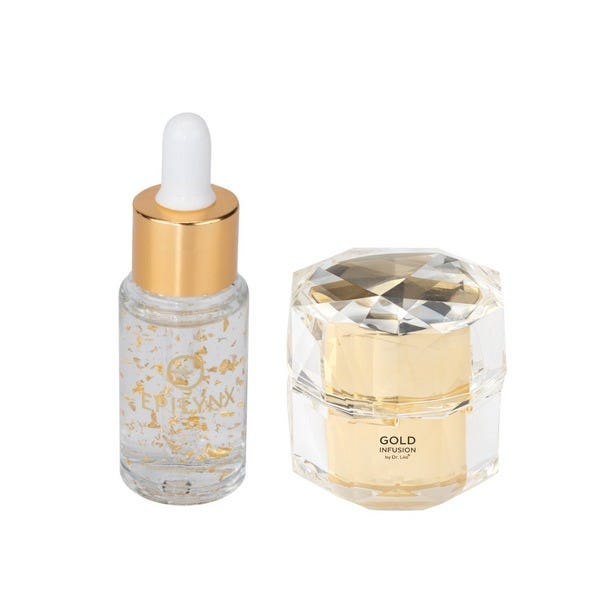The Gluten-Free Skin Care Guide 2023

Introduction
In recent years, gluten-free diets have gained immense popularity due to the rising awareness of celiac disease and gluten sensitivity. While most people associate gluten-free living with food choices, it’s essential to recognize that gluten can also be present in skincare products. If you’re following a gluten-free lifestyle or have celiac disease or gluten sensitivity, it’s important to be aware of the potential presence of gluten in your skincare routine. In this comprehensive guide, we will explore the concept of gluten in skincare products, its impact on sensitive individuals, and provide practical tips on navigating the world of gluten-free skincare in 2023.
Understanding Gluten in Skincare Products
Gluten is a protein composite found in grains such as wheat, barley, and rye. In skincare products, gluten is typically derived from ingredients like wheat germ oil or hydrolyzed wheat protein. For individuals with celiac disease or gluten sensitivity, even small amounts of gluten can trigger adverse reactions, both internally and externally. While the ingestion of gluten is typically the main concern, some sensitive individuals may also experience skin irritations, inflammation, or allergic reactions when using products containing gluten.
Identifying Gluten-Free Skincare Options
When seeking gluten-free skincare products, it’s crucial to read ingredient labels meticulously. Look for key terms like “gluten-free” or “wheat-free” on product packaging. Additionally, familiarize yourself with potential sources of gluten in skincare, such as ingredients derived from wheat, barley, or rye. Some common gluten-derived ingredients to watch out for include hydrolyzed wheat protein, wheat germ oil, barley extract, and Triticum vulgare.
Fortunately, in 2023, the demand for gluten-free skincare will have grown significantly, and many reputable brands, like Epilynx, will offer a wide range of gluten-free options. These brands prioritize ingredient transparency and cater to individuals with celiac disease or gluten sensitivity.
Tips for Gluten-Free Skincare
Read labels carefully: Always read the ingredient labels of skincare products to identify any potential sources of gluten. Look for certifications or specific claims of gluten-free status on the packaging.
Be cautious of cross-contamination: Some skincare products may be produced in facilities that also process gluten-containing ingredients. If cross-contamination is a concern for you, reach out to the brand directly for clarification.
Avoid questionable ingredients: Apart from gluten, certain skincare ingredients can potentially cause irritation or sensitization. If you have sensitive skin, consider avoiding ingredients like sulfates, artificial fragrances, and harsh alcohols.
Opt for natural and organic products: Natural and organic skincare products often have a higher likelihood of being gluten-free, as they tend to avoid synthetic ingredients derived from grains.
Patch test new products: Before incorporating a new skincare product into your routine, perform a patch test on a small area of skin to ensure it doesn’t cause any adverse reactions.
Seek professional advice: If you have celiac disease or gluten sensitivity and are unsure about specific skincare ingredients, consult with a dermatologist or allergist who can guide you in making informed choices.
Conclusion
As we navigate the world of gluten-free living in 2023, it’s important to extend our awareness to skincare products. For individuals with celiac disease or gluten sensitivity, gluten-free skincare is crucial to avoiding adverse skin reactions. By understanding ingredient labels, seeking gluten-free certifications, and opting for reputable brands like Epilynx, you can create a safe and effective gluten-free skincare routine. Remember, maintaining skin health and addressing individual sensitivities and concerns should be the ultimate goal, so make choices that align with your personal needs and preferences.
Comments
Post a Comment